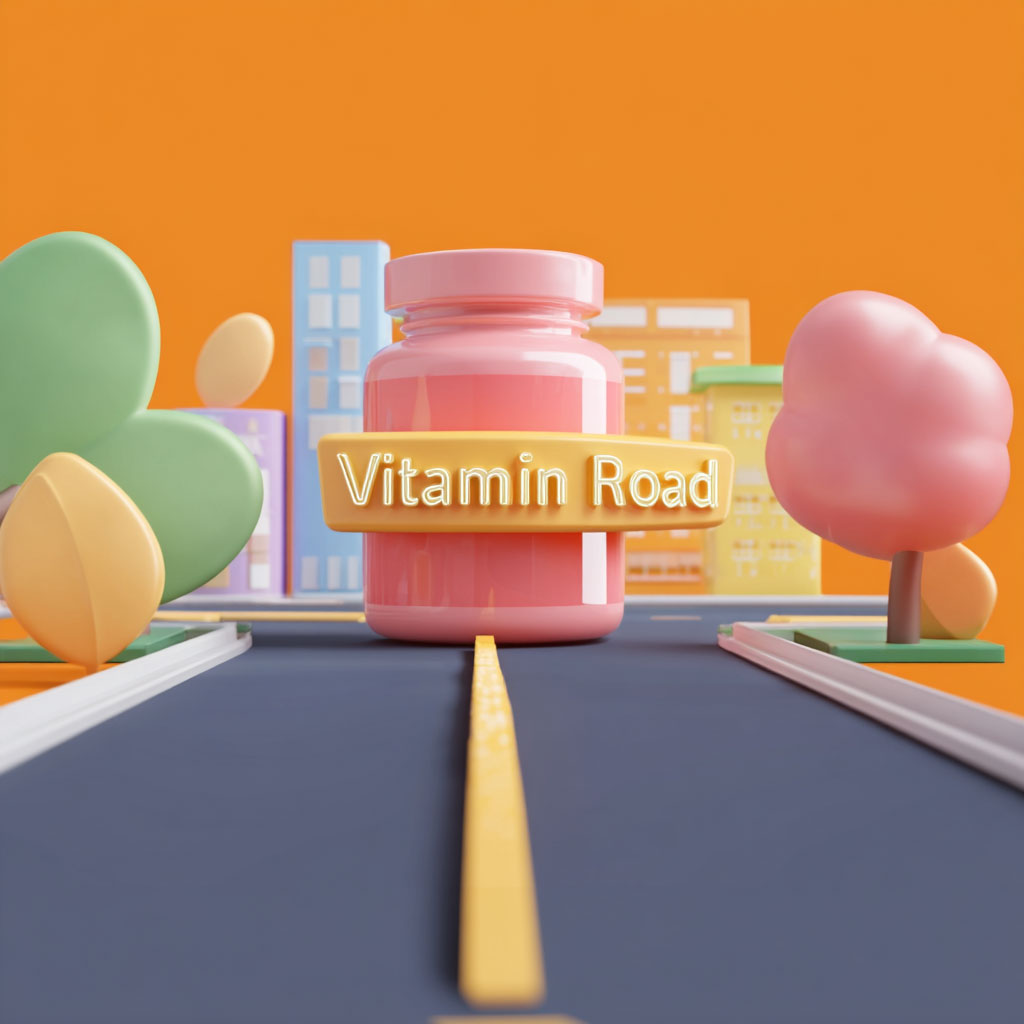
Unveiling Dutch GMP Factories The Rigorous Processes Behind High-Quality Supplements
Introduction to Dutch GMP Supplement Manufacturing
In recent years, the Netherlands has emerged as a leading hub for Dutch GMP supplement manufacturing within the European Union (EU). Known for its strict regulatory compliance and advanced infrastructure, Dutch manufacturing sites uphold some of the highest standards globally in the production of dietary supplements and medicinal products for human use. This article explores the critical role of Good Manufacturing Practice (GMP) in safeguarding the quality, safety, and efficacy of health and nutritional supplements manufactured in the Netherlands.
Understanding GMP Guidelines in the European Union
Good Manufacturing Practice (GMP) is an essential part of quality assurance, designed to ensure that products are consistently manufactured and monitored in line with established quality standards. These GMP guidelines are established under the rules governing medicinal products in the EU and are applicable to both human and veterinary medicinal products.
The European Medicines Agency (EMA) plays a pivotal role in setting standards and coordinating inspections among EU Member States. Manufacturers must comply with these GMP principles to obtain or retain a marketing authorisation. These guidelines cover all aspects of manufacturing, from the production processes to quality control and distribution.
The European Pharmacopoeia also serves as a key reference in defining specifications for ingredients and finished products, ensuring harmonisation across the EU.
From Raw Material to Finished Products: Inside a Dutch GMP-Compliant Facility
A Dutch GMP-compliant facility follows rigorous protocols for transforming active substances and active pharmaceutical ingredients (APIs) into high-quality finished products. The journey begins with the selection of raw materials that must conform to the EU’s stringent safety and purity standards.
The production processes are meticulously documented, with each batch traceable through detailed records that link to the marketing authorisation dossier. Facilities maintain strict control of environmental factors such as temperature, humidity, and contamination risks.
During manufacturing, in-process controls and continuous monitoring ensure that critical parameters are within defined limits. These operations are overseen by a Qualified Person (QP), who is responsible for batch release in accordance with the requirements laid out in the marketing authorisation application.
The GMP Certificate: What It Means and How It’s Obtained
A GMP certificate confirms that a manufacturing site complies with applicable GMP guidelines. It is issued following a successful GMP inspection by a competent authority, such as the Netherlands’ Youth Care Inspectorate, which also supervises veterinary medicines.
The audit scope includes an evaluation of the site’s production, quality assurance systems, equipment, personnel training, and documentation. Any deficiencies identified must be corrected, and a final report is generated to summarise findings.
Without a valid GMP certificate, a company cannot legally manufacture or distribute medicinal products or certain types of dietary supplements within the EU. Certificates are uploaded to the EudraGMDP database, enabling transparency and facilitating mutual recognition among EU Member States.
Dutch Competent Authority and GMP Inspection Procedures
In the Netherlands, the Youth Care Inspectorate functions as the competent authority responsible for overseeing GMP compliance. It performs scheduled and surprise inspections to assess facilities involved in the manufacturing and import of medicinal products, including veterinary medicinal products.
The process typically begins with a notification or such a request for an inspection, followed by a review of previous quality defects, documentation, and inspection history. The inspection ensures that manufacturers comply with GMP guidelines and that the final product meets its intended quality and intended use.
Inspectors examine facilities, processes, data integrity, personnel qualifications, and equipment maintenance records. The outcome is documented in a final report which may include observations and required corrective actions.
Ensuring EU-Wide Compliance: EudraGMDP Database and Mutual Recognition
The EudraGMDP database, maintained by the European Medicines Agency (EMA), lists all manufacturing sites within the EU that have passed a GMP inspection. It serves as a central reference point for marketing authorisation holders, importers, and regulatory bodies.
This system supports mutual recognition among EU Member States, enabling a manufacturer with a GMP certificate from one country to market its finished products across the EU without undergoing redundant inspections.
Companies listed in the database benefit from faster product approvals and enhanced market credibility. They are also better equipped to respond to a request for documentation from health authorities in case of safety concerns or audits.
Quality Control Measures for Dutch GMP Supplements
Maintaining consistent product quality requires rigorous quality assurance procedures. Dutch manufacturers test for identity, purity, strength, and stability of both active substances and final products.
Each batch must meet predefined specifications laid out in the marketing authorisation dossier. Testing includes microbiological screening, heavy metal analysis, and verification against European Pharmacopoeia standards.
A Qualified Person is legally responsible for ensuring that each batch meets regulatory requirements before it is released to the market. Non-conforming products are quarantined, and investigations are conducted to prevent recurrence.
Challenges and Innovations in Dutch GMP Supplement Manufacturing
As regulatory standards evolve, Dutch manufacturers face new challenges in adapting to new requirements related to food safety, data integrity, and nutritional claims. Innovations in automation and digitalisation are helping companies meet these demands while maintaining GMP compliance.
The integration of advanced process monitoring and digital batch recording systems is improving traceability and real-time decision-making. These innovations ensure manufacturers can handle increasing complexity in product formulations, such as those involving vitamins, botanicals, and novel delivery systems.
Conclusion: The Dutch Commitment to GMP Excellence
Dutch GMP supplement manufacturing is a model of excellence in the global nutrition and health sector. With strict adherence to GMP guidelines, robust oversight by competent authorities, and a well-coordinated inspection framework, Dutch manufacturers are well-positioned to meet the growing global demand for safe and effective dietary supplements.
Through systems like the EudraGMDP database, consistent application of GMP principles, and alignment with European Union regulatory frameworks, the Netherlands continues to set the standard for quality and compliance in supplement manufacturing.
For international partners, sourcing products from Dutch GMP-certified sites ensures access to high-quality, reliable, and regulation-compliant nutritional solutions that prioritise consumer safety and public health.

